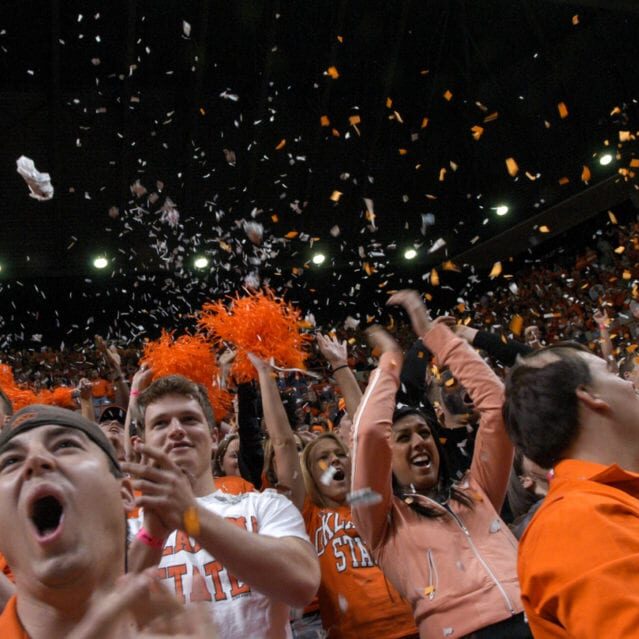Insights < BACK TO ALL INSIGHTS
NCAA Announces Groundbreaking Decision to Allow Compensation for College Athletes
NCAA Announces Groundbreaking Decision to Allow Compensation for College Athletes
By: Steven Eichorn
Yesterday, the NCAA Board of Governors unanimously voted to allow college athletes to receive some form of compensation.The permitted compensation is limited to “the opportunity to benefit from the use of their name, image, and likeness,” however, athletes will still not be permitted to receive compensation for their actual on-field play. To view the official NCAA Release, Click Here
The concession to allow some form of compensation was a groundbreaking decision that was long opposed by the NCAA, which had prohibited any form of outside compensation. The momentum behind today’s decision certainly stemmed from California’s law that recently prohibited colleges from penalizing their athletes if they received paid endorsements, as well as recent bills in Florida, New York and almost twenty other states. This decision is not immediately impactful because it merely permits the three NCAA divisions to issue regulations on the endorsement compensation, but those updated regulations may be some time from completion.
The devil may be in the details but to be sure, paid endorsements can make a huge difference in recruiting pitches and the decision-making process of potential college athletes. It is probably safe to assume the NCAA will try to find the proper balance in ensuring college athletes are enabled to fully maximize their earning potential, while also maintaining the “student” portion of their student-athlete status, such as the priority of education, equal treatment vis-à-vis other students, and safeguarding that the compensation is not tied to their actual on-field performance.
This last concern is most relevant to us watching from a sports betting perspective. As states have recently legalized sports betting, some states have prohibited wagering on collegiate sports and others have merely prohibited their own in-state collegiate sports. The state legislatures’ concern with game integrity in the collegiate sector recognizes the potential for outside betting money influencing the outcome of collegiate sports. It is believed that student-athletes (as opposed to professional athletes) may for a variety of reasons be more susceptible to payments that seek to impact game performance. In light of today’s authorization of endorsement sponsorships for student-athletes, some may see these integrity concerns as magnified. We will watch how the NCAA regulations develop and look to see how integrity issues are addressed and report back here again in the near future.





